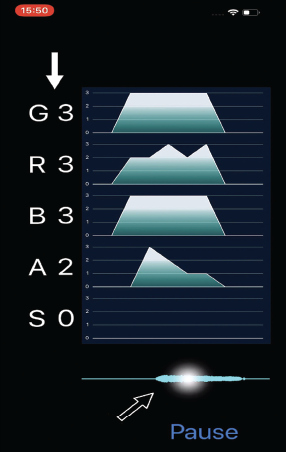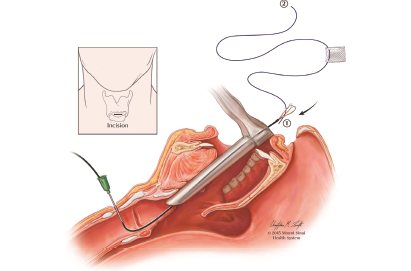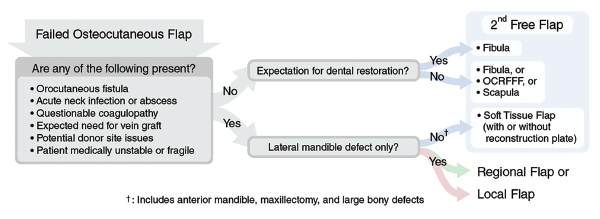
Otolaryngology Experts Share Best Practices in Five Areas
Otolaryngology experts examined important clinical questions in five areas—from antivirals for newborn hearing to tonsillar cancer—during the Triological Society’s “Best Practices” session.

Otolaryngology experts examined important clinical questions in five areas—from antivirals for newborn hearing to tonsillar cancer—during the Triological Society’s “Best Practices” session.

Robust research is increasingly showing the ill effects of climate change, from rising temperatures to severe weather events, on human sleep.

When deciding whether to perform tracheotomies during COVID-19 required laryngologists to balance important medical and resource needs with the possibly grave infection risks to medical personnel.

More procedures performed at high-volume hospitals and careful certification of surgeons in clinical trials are ways to improve the quality and value in head and neck care, panelists said.

New but limited data have emerged suggesting that oral steroids with olfactory training may be a safe and effective treatment for loss of smell due to COVID-19.

The health effects of climate change are an increasingly urgent public health crisis that are infrequently recognized within the surgical community.

A culture of mentoring can go a long way by providing guidance, improving job performance, and giving mentees the feeling of belonging.

Healthcare providers who received CARES Act payments must now turn their attention to ensuring adequate documentation, timely reporting, and continued preparation for potential audits.

The purpose of this research is to facilitate the use of a deep-learning architecture with the GRBAS scale in clinical practice.

Instead of removing the keel in the operating room under general anesthesia, this can be done in the office with topical anesthesia.

The recipient site of the initial failed free flap is the most important factor affecting its management and, in many cases, a second free flap in the acute setting is appropriate.
The practice of neck drain insertions in patients undergoing thyroidectomies is associated with higher risks of hematomas and surgical site infections, and longer hospital stays.
A look at the factors and complications associated with prolonged inpatient length of stay in patients who receive total laryngectomy.
Systemic corticosteroids are the firstline treatment of autoimmune inner ear disease, with intratympanic steroids as a possible adjuvant or alternative.
The presence of parosmia is associated with clinically relevant recovery in olfactory discrimination and identification function in patients with post-infectious olfactory dysfunction who are receiving olfactory training.
Here’s why the inclusion of oral corticosteroids as part of appropriate medical therapy for chronic rhinosinusitis may be the lower-risk strategy.

Although acupuncture is used to treat a variety of medical conditions, there is insufficient evidence to support its use in chronic rhinosinusitis.

Transoral thyroidectomy can be safely performed in a select group of patients. Here are its unique advantages and guidance on when it should be used.

Medullary thyroid carcinoma is a relatively rare thyroid cancer accounting for about 5% to 10% of all thyroid cancers.

Pulmonary function testing is useful in the evaluation and management of subglottic stenosis because it provides a precise and objective functional assessment of obstruction.

Will there be a lost generation of otolaryngology residents, learners, and junior-to-mid-career attendings?